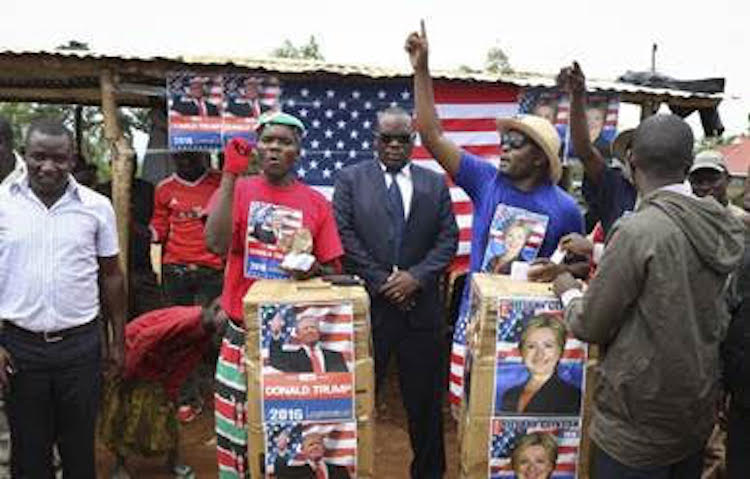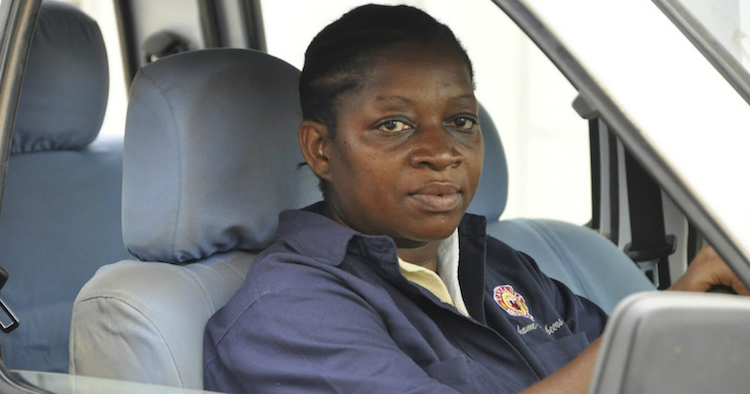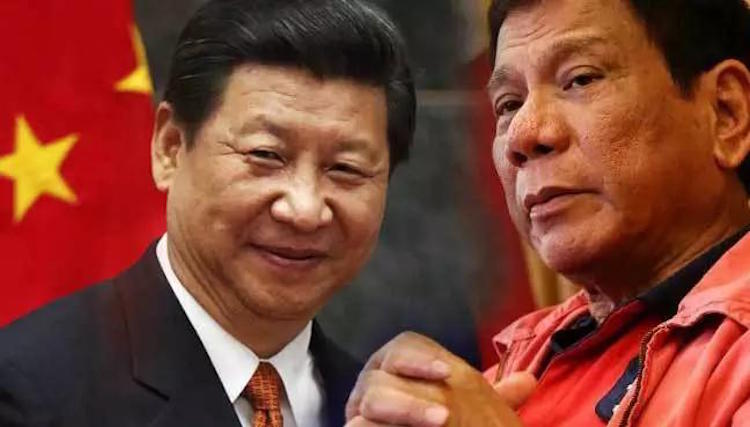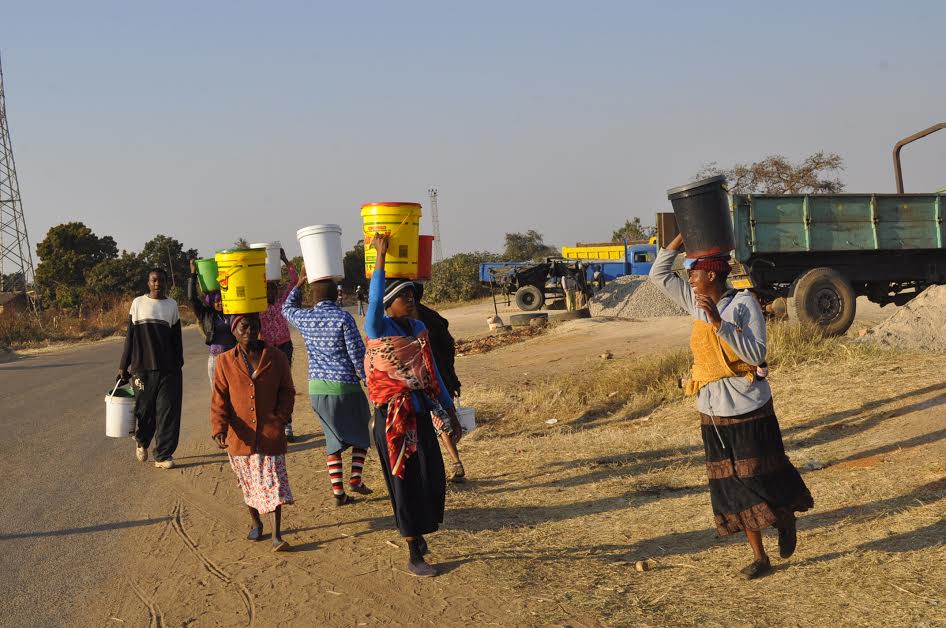NEW YORK (IDN | GIN) – Africans were tweeting and messaging about the surprise outcome of U.S. elections that left many around world worried for the future. Kenyan-American and distinguished professor Makau Mutua was “quarterbacking” as a “day after” couch potato who second-guesses why his team lost.
“Hillary Clinton was defeated by “white-lash”, as opposed to “white backlash”, he wrote, an opinion shared with CNN analyst Van Jones, the African-American Harvard-educated lawyer,









